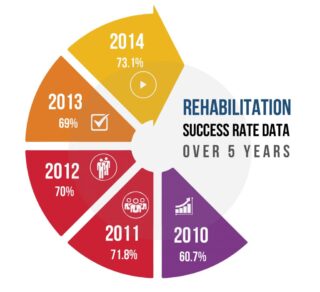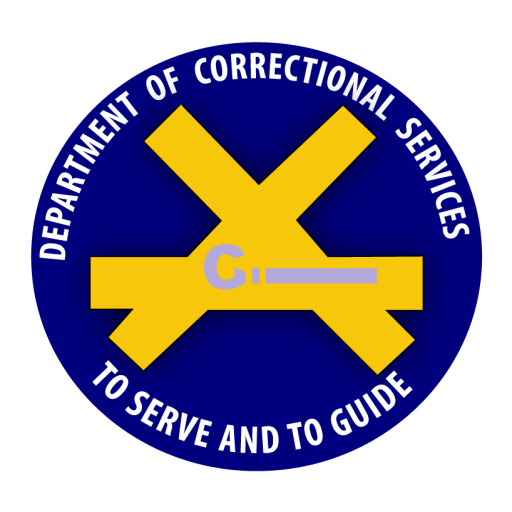Probation Aftercare Services

Probation Aftercare Services
The Probation Aftercare Services is an arm of the Department of Correctional Services. Its mandate is to facilitate the rehabilitation of offenders who are given non-custodial sentences. It engages probation aftercare officers.
It functions in the courts of law, schools, the juvenile and adult correctional centres, and in the wider community. It enables the provision of confidential reports as requested by and for the courts in assisting the process of sentencing.
When non-custodial orders are made, offenders are placed under the supervision of probation aftercare officers and all efforts are directed to the primary goal of rehabilitation.
Courts of Law
The Probation Aftercare Officer does Social Enquiry Reports for all courts on the request of the Resident Magistrates or Judges. These reports provide information on the entire lifestyle of the offender and assist the court in deciding the best treatment for the offender. Sentences range from incarceration to Community-based Orders (Probation, Supervision, Suspended Sentences Supervision Order and Community Service Orders) and Fines.
It is the duty of the probation aftercare officer to befriend, advise and assist the offender during the period of his/her Court Order to re-adjust to the acceptable norms of society.
Juvenile Correctional Centres
Receive child offenders from the Children and Family Courts who are placed on Correctional Orders. These children are between the ages of 12 and 17 years and are not kept in the institution beyond 18 years old. The centres aim at providing the wards with a rounded development and skills to aid their reintegration into open society.
Adult Correctional Centres
Probation Aftercare Officers provide a through-care service for inmates within seven adult correctional centres. Inmates have the opportunity to discuss their personal challenges and have a trained social worker assists them to find possible solutions. Through the probation aftercare officer, they keep in touch with family and so, do not suffer total despair.
Inmates who complete their term of sentence are also given emotional and material support. They may also benefit from financial assistance via Rehabilitation Grant. (Conditions apply)
The Parole Act makes it possible for an eligible inmate to spend a part of his sentence in the community. At the very outset, probation aftercare officers in the field and in the centres are required to prepare parole reports for the parole board in respect of applicants. The inmates who are granted parole are supervised by probation aftercare officers, who assist them to become worthwhile citizens.
Defining the Concept – “Community Corrections”
Community Corrections is an all embracing phenomenon which deals with community transformation within the Criminal Justice Framework. From the Department of Correctional Services’ perspective, Community Corrections refers to and recognize that:
- There are alternatives to incarceration (e.g. Probation Order, Suspended Sentence, Supervision Order (etc.) which appear at the “front-end” of the Criminal Justice System and at the “back-end”, as Re-integration, thru and Aftercare, Conditional Releases and Licence/Parole.
- Crime is a product of the community; thus criminal behaviour is a manifestation of the individual’s social experiences. Since crime begins in the community, it’s purported to be best addressed in the community.
- An important aim of the Criminal Justice System is for the community to recover from the impact of crime through partnerships/ problem solving and sanctioning.
From a social perspective, the commissioner of a criminal act involves three (3) specific components:
- THE OFFENDER – should become accountable for his actions and assisted in becoming law abiding.
- THE VICTIM – the sanctioning process enables restoration of victim’s full capacity.
- THE COMMUNITY – is expected to forge partnership/alliance with Probation Aftercare Officers and others who are mandated by law to supervise offenders. The onus is on us as practitioners to design and manage the processes of Community Corrections for the offender’s rehabilitation and the facilitation of restoration of victims and or their families.
Based on the principles of our mission, Community Corrections embraces the notion that society is best protected when offenders are able to re-established themselves as productive, peaceful

